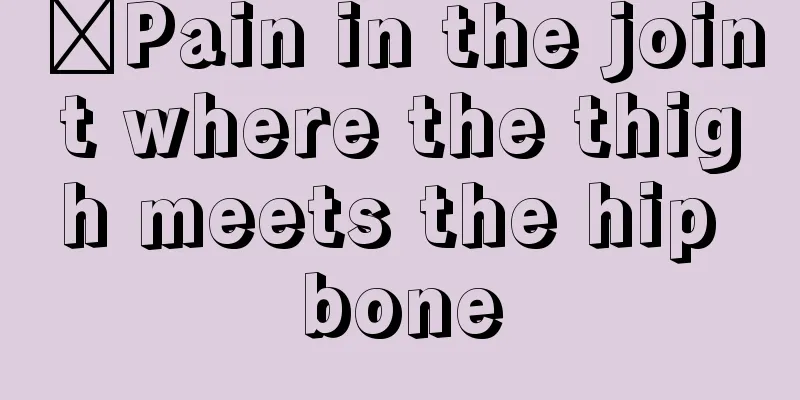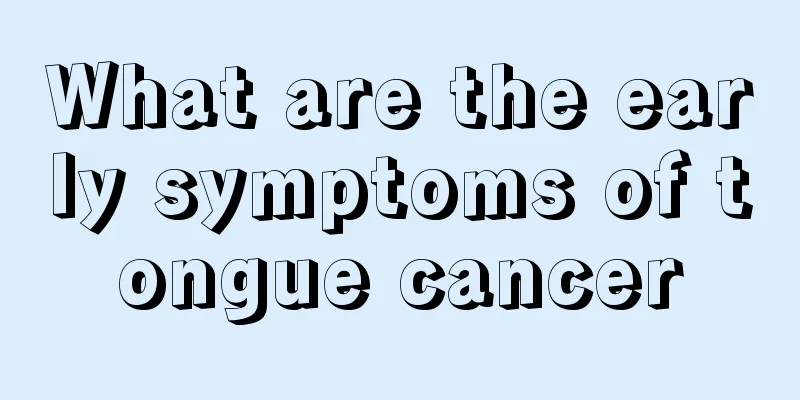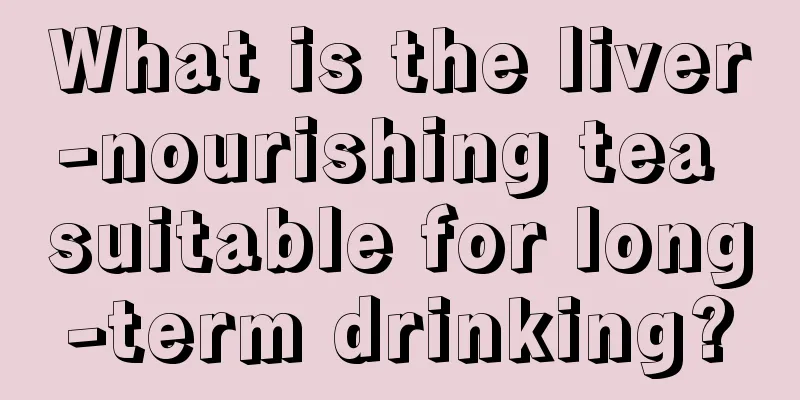Three truths about colds, magic weapon to deal with colds

|
Cold is the most common disease, but should we treat it or just bear with it as some people say until it heals naturally? I'm afraid no one can tell the answer. Among various natural remedies for fighting colds, which one is more effective, oranges or chicken soup, should you eat a full stomach or go hungry, which one should you avoid, chocolate or milk... There are so many different opinions that it is difficult to tell the truth from the false. As the temperature has dropped sharply in recent days, the peak season for colds is approaching, and various remedies for preventing and treating colds are beginning to attract everyone's attention again. What exactly is a cold and what should we do after catching a cold? The latest research in the United States has revealed the answers to this series of questions. Three truths about colds A "White Paper on Colds" released by the University of Wisconsin School of Medicine and Public Health in October 2010 revealed three "one" truths about colds. The first "one": a cold is a "syndrome" of upper respiratory tract infection caused by viruses. There are more than 100 types of viruses that can cause colds; the second "one": generally speaking, cold symptoms will last for a week, regardless of whether you take medicine or not; the third "one": the starting point of a cold should be one day before the onset of symptoms, at which time the virus has already taken root in your body. To be more specific, the cold virus will lurk in the body for 18-48 hours and then suddenly break out. The earliest symptoms include sore throat, sneezing, runny nose, and physical fatigue. In English, since "cold" and "cold" are the same word, many people think that colds are "colds". "That's not the case. Whether you're wearing too few clothes, walking barefoot on the ground, or going out without drying your hair, these won't cause you to catch a cold - but they will cause your resistance to drop, giving viruses an opportunity to take advantage." Phyllis Brown, a registered nurse in the United States, said that in comparison, dryness is more likely to cause a cold because the body's mucous membrane's antiviral ability will decrease due to lack of water. The frequency with which colds strike each person is different. According to statistics from the U.S. Centers for Disease Control and Prevention, children catch a cold 8-10 times a year, and school-age children catch it as many as 12 times. This is not because they have poor resistance, but because children are closer to each other, making the chance of virus transmission greater. In comparison, "cold" adults catch colds 2-4 times a year, with women more likely than men. Women around 30 years old are most likely to be infected because they are the main force in taking care of children. After the age of 60, the number of colds will decrease, averaging once a year. It is better to rest than to take medicine randomly The "White Paper on Colds" also points out that many people do not know that colds are actually incurable. Some people take antibiotics, but in fact, antibiotics cannot kill viruses at all, and taking medicine indiscriminately may aggravate the condition. The main function of cold medicine is to relieve symptoms, making you feel better and rest better, but it cannot shorten the course of the disease. So, what exactly are the things you must do after catching a cold? The American "Health News Network" believes that the following 9 things are essential. Step one: find a bed. After catching a cold, it’s best to find a comfortable bed to lie down on. Don't think about going to work, and don't force yourself to go out to party, play, or exercise. Liu Youning, director of the Respiratory Department of the General Hospital of the People's Liberation Army, said that sleep is the "best cold medicine" and that one must ensure eight hours of sleep every day. If possible, it is best to take a day off and rest at home for 1-2 days to reduce the risk of spreading the disease to others. Step 2: Take some vitamin C. Whether you take vitamin C supplements or eat fruits rich in vitamin C, such as dates, oranges, kiwis, tangerines, grapefruits, etc., they can help relieve cold symptoms. Generally speaking, sour fruits contain a lot of vitamin C. Drinking orange juice can not only supplement vitamin C, but also eliminate discomfort in the mouth. Step 3: Eat a piece of dark chocolate. Not only does it supplement antioxidants, but research from the University of London in the UK also shows that the cocoa alkali it contains has a cough suppressant effect. Step 4: Turn on the humidifier. The dry air in autumn and winter can make your respiratory tract feel uncomfortable. Placing a humidifier next to your bed or sofa can help you breathe more smoothly. Before use, it is best to clean it thoroughly to prevent the virus from spreading through it. Step 5: Eat liquid food. Hot soup and hot porridge are both good choices. The idea that chicken soup can cure colds has been around for hundreds of years, and British scholars have found that this makes sense because certain ingredients in chicken soup can reduce coughing, and the steam from hot soup and hot porridge can also help relieve nasal congestion. Step 6: Change to a larger water cup. Make sure to drink 2000 ml of water every day, some of which should preferably be electrolyte drinks. Step 7: Stay away from dairy products. Liu Youning said that it is best not to eat dairy products that are difficult to digest, such as cheese, when you have a cold, but you can drink some milk. If you have a poor appetite, you can drink some yogurt. Step 8: Take over-the-counter medications. Over-the-counter medicines such as ibuprofen, acetaminophen, or cough syrup can relieve cold symptoms. Liu Youning said that although these drugs cannot fight viruses, they can make you feel better. Step 9: Be patient and wait for it to pass. Your illness will take about 7 days to disappear on its own. But if symptoms persist or worsen dramatically, it is best to go to the hospital for a doctor's diagnosis. Three treasures to fight colds Although a cold is not a serious illness, the persistent symptoms make many people feel uneasy. In this regard, the "White Paper on Colds" provides tips for relieving the three major symptoms of sore throat, cough, and nasal congestion. Sore throat: light salt water. Dissolve 7.5 grams of salt in 250 ml of warm water and slowly gargle to relieve sore throat. Gargle every 6-8 hours. Avoid using harsh mouthwashes, as they may worsen dryness of the respiratory tract. When swallowing harder foods, it is best to swallow slowly to avoid scratching the throat. If you have a hoarse voice, avoid talking or shouting in noisy environments. You can also prepare some lozenges or sprays to use when symptoms are more severe. Cough: Cough syrup. Coughing is a way for the body to eliminate foreign substances, but severe coughing can affect sleep or cause chest pain. The best way is to drink some cough syrup when you have a severe cough. Runny nose: Hot steam. It is best to use a soft tissue when blowing your nose to prevent your nose from being scratched. When blowing your nose, be careful not to blow too hard. The standard is that you should not hear a buzzing sound in your ears to avoid damaging the eardrum. If your nose is difficult to blow out, you can "smell" hot steam or peppermint oil, or use nasal drops. |
<<: Zhonglibaren - A good opportunity to cure diseases and nourish the liver in spring
>>: 7 signs of fatty liver disease!
Recommend
What are the benefits of soaking your feet in hot water?
Persisting in soaking your feet in hot water is v...
What are the consequences of holding urine for a long time?
In many cases, many friends cannot go to the bath...
Will drinking coffee cause spots?
Coffee is a beverage made from coffee beans. It i...
Is it dangerous for a melanoma patient to get pregnant?
According to the British Daily Mail on January 20...
Lynch syndrome and endometrial cancer
Lynch syndrome patients have a significantly incr...
Will fainting from blood kill people?
Fainting at blood is a relatively common phenomen...
What are the methods for detecting small cell lung cancer
What are the methods for checking small cell lung...
What's the matter with the pain in the left side of my neck
Friends who often feel pain in the left side of t...
How long can you live with advanced osteosarcoma
In our lives, cancer comes in many forms. Osteosa...
Can nasopharyngeal carcinoma be treated biologically? How to take care of it?
There are many treatments for nasopharyngeal carc...
Can hair grow back after it falls out
Hair loss is a phenomenon that occurs in both men...
Why does my face turn red when I drink alcohol
Many people blush when they drink, which is often...
Do you also need to follow these principles when taking antiviral medication for hepatitis C
The emergence of hepatitis C will spread certain ...
Does washing your face with vinegar shrink your pores?
Washing your face is a science and also an import...
Japanese table manners
When it comes to Japanese table etiquette, the fi...









